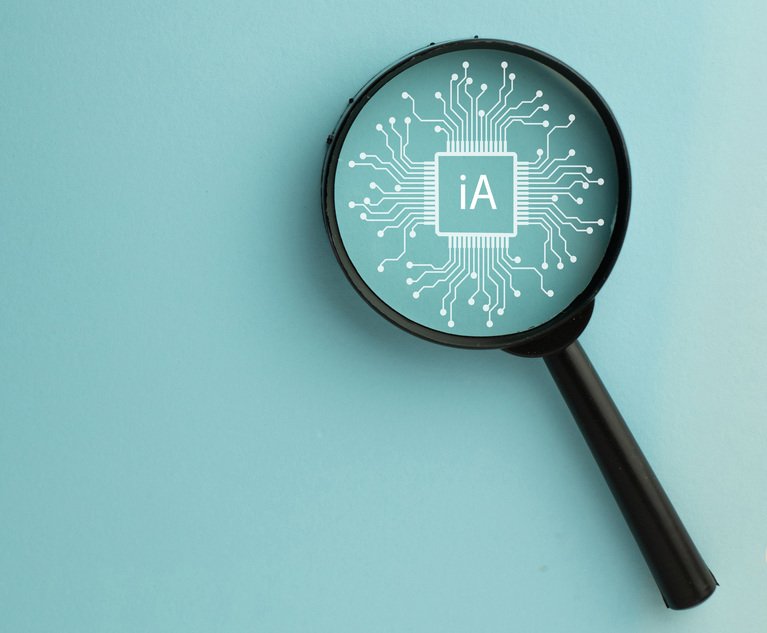In 2016, the European Union raised the highest banner in the battle to protect consumer privacy. The General Data Protection Regulation (GDPR) went effective in May 2018, instantly upping protections throughout Europe and affecting commerce worldwide. Five years later, the regulation has continued to pose pressing questions to American businesses. Yet, the United States has not enacted a similar national provision. States such as California have adopted copycat measures similar in purpose but significantly less daunting in effect. Accordingly, this article provides a summary of the GDPR-like provisions at home, some comparison points for the parroting American statutes, and a glimpse of the global compliance considerations occasioned by the contrasting European and domestic approaches.
Background
Numbering nearly 100 Articles, the GDPR was intended to protect both consumer data and information collected on individuals at large. The regulation contains two key definitions: (1) “data controllers,” who determine the purpose of data collection (think of a supermarket tracking an individual’s shopping tendencies), and (2) “data processors,” who process the data for the controllers (think of the tracking company retained by the supermarket). Either or both entities might be obligated to appoint a Data Protection Officer. “Consumer” is not defined, as a purchase is not required to trigger protections (i.e., the GDPR protects all Member State citizens).
This content has been archived. It is available through our partners, LexisNexis® and Bloomberg Law.
To view this content, please continue to their sites.
Not a Lexis Subscriber?
Subscribe Now
Not a Bloomberg Law Subscriber?
Subscribe Now
LexisNexis® and Bloomberg Law are third party online distributors of the broad collection of current and archived versions of ALM's legal news publications. LexisNexis® and Bloomberg Law customers are able to access and use ALM's content, including content from the National Law Journal, The American Lawyer, Legaltech News, The New York Law Journal, and Corporate Counsel, as well as other sources of legal information.
For questions call 1-877-256-2472 or contact us at [email protected]


 Photo: deepadesigns/Shutterstock.com
Photo: deepadesigns/Shutterstock.com




